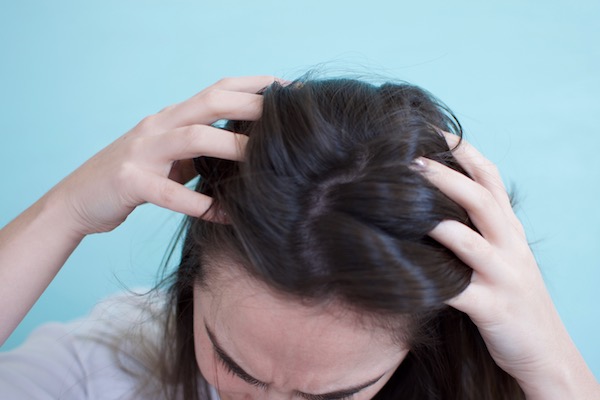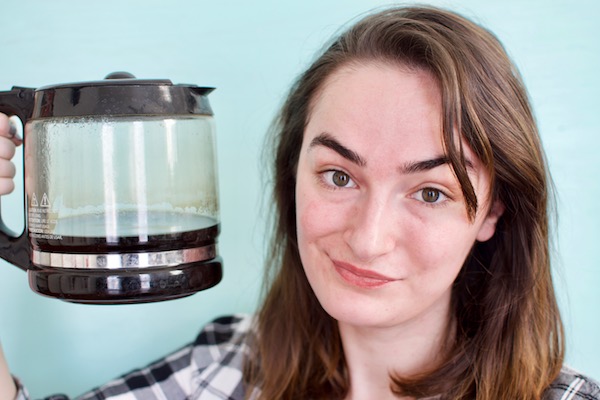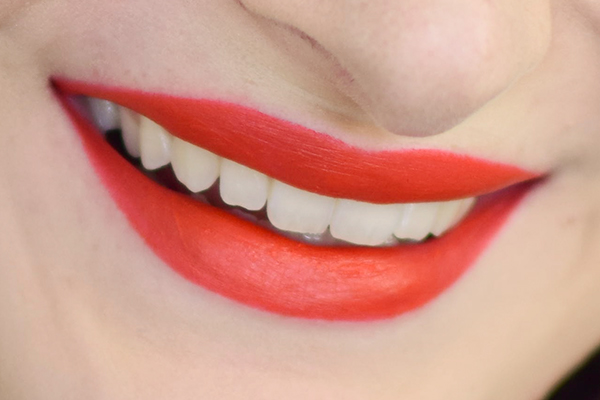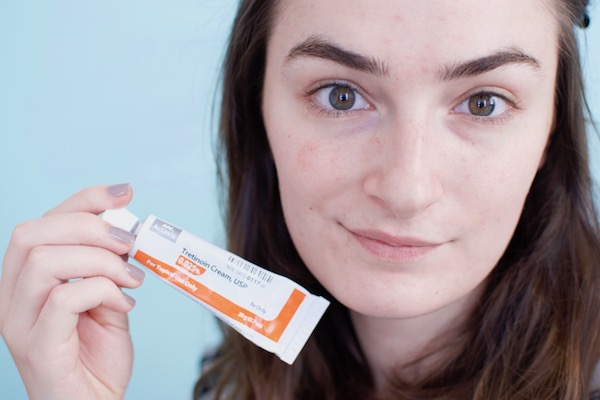There’s a reason you’re dealing with a crusty scalp.
If your head wasn’t itchy and craving some serious scalp exfoliation before, it will be after reading this! Crusty scalp problems and itchiness tend to go hand in hand, even reading about it can cause sympathetic itchiness, trust us. A crusty scalp can be caused by many different skin conditions. Read on to learn 10 causes (and treatments!) for a crusty scalp.

Dry skin
We all suffer from dry skin from time to time. If you’re in a winter dry-air tundra and avoiding your conditioner you can get a seriously dry scalp. When your scalp is dry it can get itchy and flaky and crusty if you’re really pushing it. To treat a dry scalp increase your water intake, pop on a humidifier, and do an oil hair mask.
Dandruff
A flaky, crusty scalp can be caused by many different factors, but when it comes to run of the mill dandruff there is one easy solution. Use an anti-dandruff shampoo, especially if chronic dandruff is part of the equation. Nizoral or Head and Shoulders will do the trick and get your scalp in perfect condition in no time.
Ringworm
Borrow a comb lately? Ringworm isn’t a worm but a fungus that is passed with contact. Ringworm usually shows up as a circular rash that is flaky, crusty, and itchy. To treat ringworm you’ll need an anti-fungal. You can go to your doc for oral anti-fungals, or pick up an anti-fungal cream over the counter.
Eczema
Eczema is an itchy, scaly skin issue. It’s rare for eczema to affect the face or scalp of adults, but can happen for babies. Infant eczema is usually chronic, starting from a young age and popping back up randomly as you age. Eczema can even cause your skin to blister and weep and over time thicken and become rough. Treatment for Eczema is moisturizing the skin, using eczema safe cleansers, and even steroid cream to relieve inflammation. Check out these Dead Sea benefits to see how the salt and minerals of this body of water may be able to solve your crusty scalp issue.
Psoriasis
The scalp is one of the most commonly affected areas for people with psoriasis. It causes scaly, thick, flaky areas of skin that can be extremely itchy and sore. The flakes tend to look like dandruff but are not treated with the same shampoos. Unfortunately psoriasis is a difficult condition to manage, topically you can use corticosteroids with or without vitamin D3 analogues. If topical treatment isn’t enough your doctor can help you find a stronger treatment that will work for you.
Folliculitis
Folliculitis is an inflammation of the hair follicle which can be caused in many different ways. Everything from bacteria to viruses, fungi, and many noninfective issues can cause this condition. Folliculitis can look similar to acne with raised red bumps. Because folliculitis can look very similar to other skin conditions, you’ll need to see a doctor to confirm this diagnosis. Because there are so many ways you can get folliculitis, you’ll need to work with a doctor to find the right treatment for you. Do your best to increase your scalp circulation, though.
Contact dermatitis
Itchy, crusty scalp after trying a new shampoo? It could be contact dermatitis, a condition caused by allergic reaction or other skin irritant. When treating contact dermatitis it’s important to figure out what caused the reaction so you can avoid it in the future. To treat the skin lesions you’ll need to work with your doctor to get a steroid treatment in place.
Seborrheic dermatitis
If you have crusty dandruff that just won’t go away, the cause could be seborrheic dermatitis. It causes yellow colored, oily patches of skin and is caused by the Malassezia fungus. This fungus isn’t usually a problem but if things get out of whack from stress, diet, hormonal changes it can cause a reaction in your skin. Seborrheic dermatitis is treated with anti-fungal creams or oral medications.
Lice
Head lice, as you probably know, are passed through contact and can make for an itchy, scaly scalp. Lice are parasites that feed on your blood (cute) and are common in children. There are several ways to treat head lice including manual removal, insecticide shampoo, and silicone treatment (which suffocates the lice).
Lichen Planus
Lichen planus is usually noticed by hair loss (which can be permanent), itching, burning, and bumpy skin surrounding the hair loss. The causes of lichen planus isn’t yet fully understood but is thought to be a misdirected immune response. Diagnosis requires a biopsy, and treatment uses steroids to alleviate symptoms and to stop hair loss.
Love this article? For more beauty, style, travel, and trending topics check out The Luxury Spot on Facebook. Like us and we’ll love you back!








